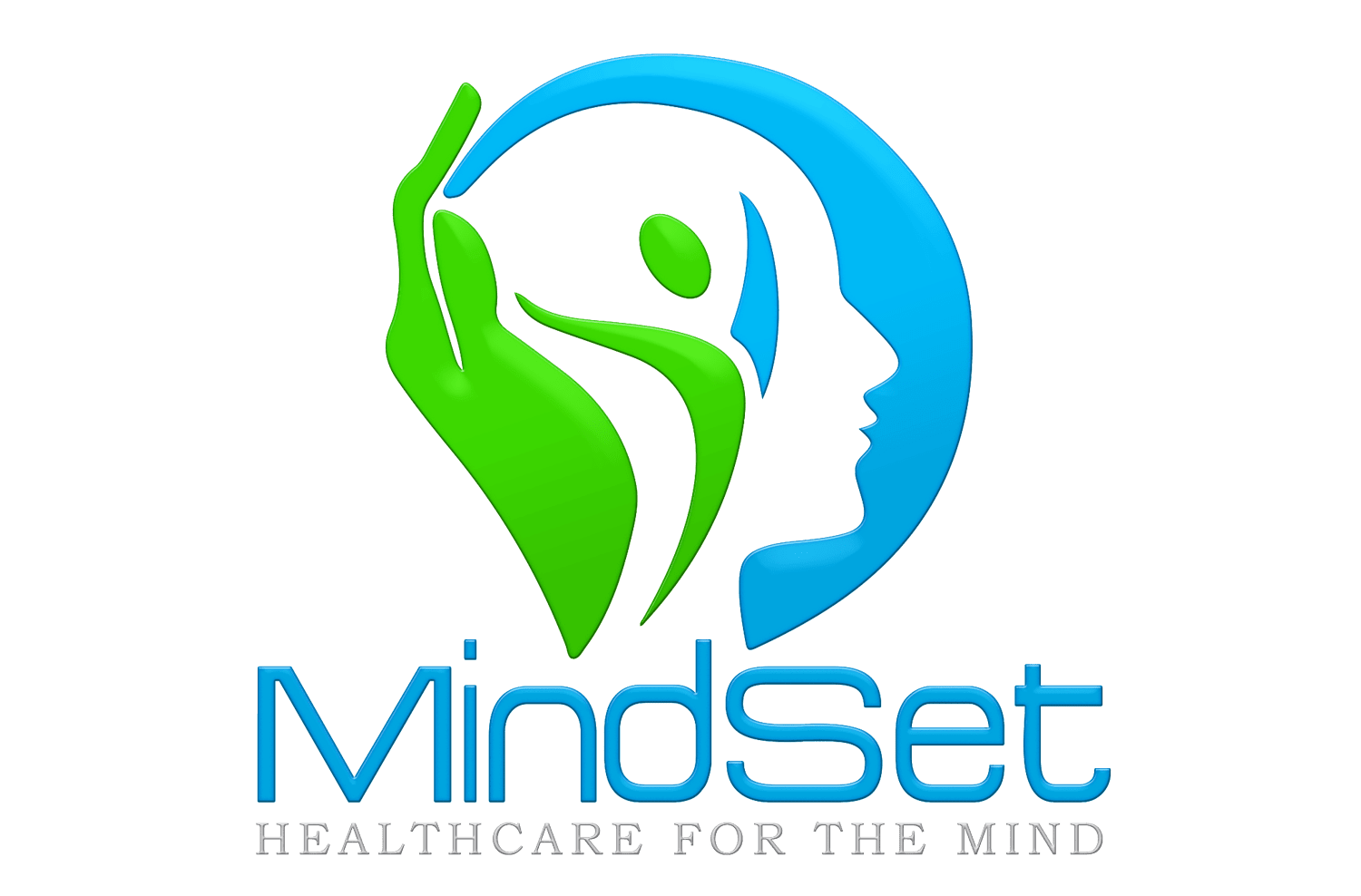MindSet Healthcare
Mental Health Services For All Individuals.
4.6
87 Reviewspowered by
About Us
MindSet Healthcare, PC was manifested by Omolola Otubaga, a board-certified psychiatric nurse practitioner. She received her Master's of Science in Nursing from Georgia State University and Bachelor's of Science in Nursing from Clayton State University. ...
Through integrative healthcare practices, clients will learn to develop and sustain mental clarity to achieve long-term health and wellness. Our primary goal is to guide and support clients to and through their journey of wholeness. With each client, we ...
Vision - To increase the awareness and quality of mental health treatment care for all families and eradicate stigmas by educating and shifting mindsets. Mission - To provide optimal level healthcare throughout the lifespan. Our fundamental principles are ...
Services
We Offer The Following Services
We Offer The Following Services
Medication Management
Mindset provides medication management and is qualified to practice in primary care and …
Learn moreLaboratory Services
Many psychiatric disorders require laboratory testing to rule out substance abuse, …
Learn moreHIV & STD Risk Prevention
Substance abuse affects your brain and inhibits your judgment. The effects of either …
Learn moreSubstance Use Disorder
Medicated-Assisted Treatment (MAT) is the use of FDA- approved medications, in …
Learn morePharmacogenomic Testing
Pharmacogenomics studies patients' genetic makeup to determine how they might respond to …
Learn moreClozapine
Clozapine is an antipsychotic drug used to treat schizophrenia in patients whose …
Learn moreInsurances Accepted
Testimonials
Jordan Robbins
Mental health care that just feels simple, easy and effective. They do it right and with the patient’s benefit in mind.
Feb 3, 2026
Owen Collier
Its taken me alot of searching and going to the wrong offices to find Mindset Healthcare. Everyone was nice and pleasant they had a picture on the... Read more
Jan 19, 2026
Why Choose Us?
Parking available
Wheelchair accessible
By appointment only
Bike parking available
Good for children
Debit & Credit Cards accepted
Black-owned
Female-owned
Most Major Insurances Accepted
Visit Us
Areas Covered
"Metro Atlanta Area, South Georgia, Fayette County"
Get In Touch
Fax Number: +18889106463
Give us a call
Office location
Send us an email
